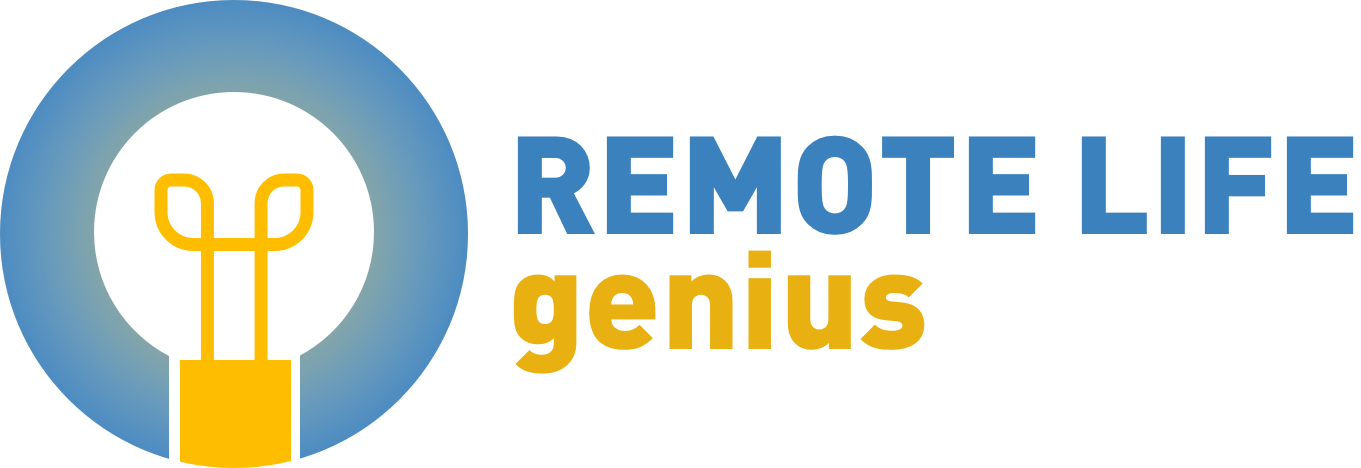Taking the leap to the self-employed lifestyle can come with a lot of perks.
However, there are some new responsibilities to get used to. For example, handling all of your own bookkeeping and accounting.
As a sole proprietor, juggling your business, customers, and finances can be tough. Even separating business expenses from personal purchases for your taxes is a tangled mess.
Quickbooks Self-Employed offers a simple accounting and tax solution specifically for freelancers and sole proprietors.
Finding the right financial software lets you focus on the work that matters most.
Page Contents
Accounting Software for Freelancers and Self-Employed Individuals
Accounting software (also known as bookkeeping software) simply refers to software that can manage various accounting and bookkeeping tasks for businesses and individuals.
Businesses use accounting software to store their financial data and facilitate transactions.
However, accounting software isn’t just for large businesses anymore. Small business owners and sole proprietors can now manage their bookkeeping tasks using accounting software.
In addition to saving time and money, using accounting software as a self-employed individual helps you keep your clients (and any staff you hire) satisfied.
Furthermore, you can avoid sending invoices late or sending second reminders for invoices that have already been paid.
As a business owner, you have a lot of tasks to juggle. So, finding the right tools to help you simplify and automate your processes is key.
The best part?
Quickbooks self-employed users save an average of $3,756 on their taxes each year.
Quickbooks Self-Employed Overview
Quickbooks is one of the most popular (and best-reviewed) creators of accounting software in the United States.
Their Self-Employed software is a simple accounting software built with sole proprietors, freelancers, and independent contractors in mind.
It’s offered as a monthly subscription with three tiers (that we’ll explore further later on.)
Additionally, the software is known for its easy to set up and use interface.
It even comes with a free mobile app for automatic mileage tracking and sending invoices on the go.
Who is it for?
It’s built specifically to help freelancers and other sole proprietors manage all of their financial data. This includes transactions and tax information.
In particular, it’s ideal for individuals that have one account for both business and personal taxes.
Quickbooks self-employed allows you to:
- Send & track invoices
- Track mileage
- Automatically track expenses
- Pay quarterly taxes
- Access anywhere via computer or mobile app
What are the other options?
There are several other self-employed accounting software in addition to Quickbooks Self-Employed.
Quickbooks Small Business is the next level accounting software by Quickbooks. If you need to manage payroll, inventory, or 1099 contractors this might be the right choice for you.
Freshbooks offers online accounting software for sole proprietors and small business owners. With features like time-tracking and online invoicing, it’s great for small service-based businesses. Freshbooks does not include features such as payroll or inventory.
ZohoBooks is accounting software geared towards simple small businesses that already use the company for email marketing or CRM services.
Sage accounting offers entry-level software with their Sage Business Cloud Accounting Start package. The cloud-based software offers invoice creation and management. It also includes common reports like profit and loss, balance sheet, cash flow statement, and general ledger.
Quickbooks Self-Employed Cost: Choosing the Right Plan
Quickbooks self-employed offers three different tiers. Premium plans offer additional tax help and support depending on your needs.
All tiers offer a 30-day free trial.
QuickBooks Self-Employed
Quickbooks Self-Employed gives users the ability to create invoices and separate their business expenses from personal expenses.
It also helps you calculate quarterly taxes and maximize your deductions.
QuickBooks Self-Employed Tax Bundle
At the next level up, Quickbooks provides a TurboTax Bundle with their Self-Employed Accounting tools.
Customers with the tax bundle can send their financial information directly into TurboTax and pay taxes from Quickbooks. The bundle includes one state and one federal tax filing.
QuickBooks Self-Employed Live Tax Bundle
For individuals that want additional tax support (or don’t already have a dedicated accountant) Quickbooks offers the Self-Employed Live Tax Bundle.
In addition to managing income, expenses, and paying taxes, the Live Tax Bundle includes help from CPAs.
You can talk to a CPA year-round anytime you need advice. Finally, taxes submitted through TurboTax will be reviewed by a CPA.
Final Thoughts: Quickbooks Self-employed
There are many benefits of becoming a freelancer or sole proprietor. But more freedom comes with more responsibilities.
In particular, managing invoices, expenses, and especially taxes is tough when you’re self-employed.
Using a simple accounting software helps you save money and spend more time doing the work you set out to do in the first place.
Most importantly, it can help you save money on taxes and avoid fees by underpaying quarterly taxes.
With Quickbooks, you get the reliability of one of the best accounting software providers plus the simplicity of their self-employed offering.
To learn more about managing your taxes as a freelancer, check out our Guide to Freelance Taxes.
